Turkey has no intention to become a member of the European Union (EU), according to Krasimir Karackachanov, leader of Bulgaria’s nationalist VMRO party.
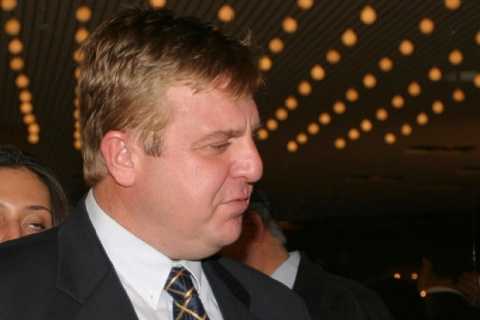
In his words, the country opposes European integration because “this entails granting rights to the Kurdish minority, giving up control of the press and the islamization of society”.
“Turkey has chosen the way of Islam and that is a fact- the headscarves, their religious approach to problems, etc. “, VMRO leader says, emphasizing on what he describes as Turkey’s marked foreign policy orientation towards the East over the past years.
“Many experts have confirmed that Turkey is pursuing a neo-osmanism policy. This does not mean conquest; it means maintaining an economic and cultural footprint in the territories of the former Ottoman Empire. This is a very clear indication of Turkey’s orientation, which is not towards EU integration”, Karakachanov has said.
He has also stressed VMRO’s dissatisfaction with the yet unresolved issue of compensations that Turkey owes to the descendants of the Bulgarian refugees from Eastern Thrace.
“Not a single government has raised the question in Bulgaria-Turkey relations”, according to Karakachanov.
Krasimir Karakachanov has been endorsed to run for President in the upcoming October elections by VMRO’s unit in Sofia.
According to some estimates, Turkey owes a compensation of some USD 10 B to the descendants of the Bulgarians, who left their estates in Eastern Thrace as well as in Asia Minor in 1913-1920. These include over two million decares of agricultural land, homes, and other property.
Turkey’s EU accession has been a contentious issue in Bulgaria, with nationalist parties Ataka and VMRO acting as firm opponents.
After a visit of Turkish PM Erdogan to Sofia in early October, at which Bulgarian PM Borisov declared principled support fro Turkey’s EU accession, the nationalists from Ataka – who are actually at odds with VMRO, a more marginal nationalist formation – showed up in Parliament with special T-shirts saying “No to Turkey in the EU”, and warned that the issue could cause problems between them and GERB.
The Bulgarian Parliament, however, rejected calls by VMRO and Ataka to put Turkey’s bid to join the EU to a referendum.
via Bulgaria: Bulgarian Nationalist Party Claims Turkey Opposes EU Integration – Novinite.com – Sofia News Agency.

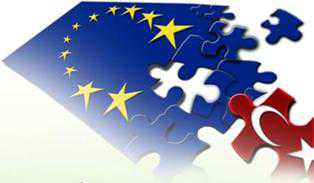
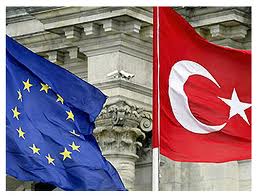
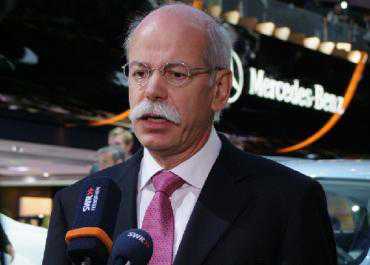 Dieter Zetsche, chairman of the board of management of Daimler AG and head of Mercedes-Benz Cars advocated for Turkey’s EU accession and questioned why the Europeans “are not taking a tiger economy,” which now is at the door and wants to join EU.
Dieter Zetsche, chairman of the board of management of Daimler AG and head of Mercedes-Benz Cars advocated for Turkey’s EU accession and questioned why the Europeans “are not taking a tiger economy,” which now is at the door and wants to join EU.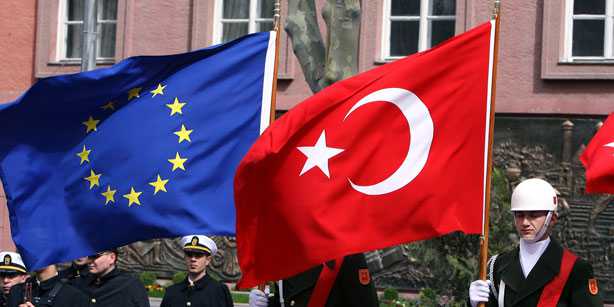

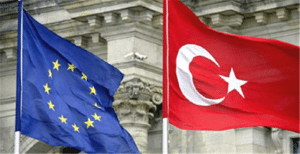


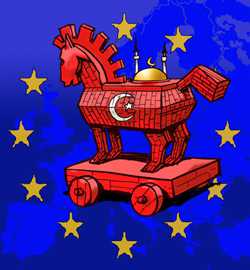 The famous story of the Greeks’ capture of the city of Troy using the decoy of a wooden horse in which soldiers were hidden is a well-known one. It creates a powerful historical image in mind and this is why it is popular when it comes to describing the Turkish bid to the EU.
The famous story of the Greeks’ capture of the city of Troy using the decoy of a wooden horse in which soldiers were hidden is a well-known one. It creates a powerful historical image in mind and this is why it is popular when it comes to describing the Turkish bid to the EU.